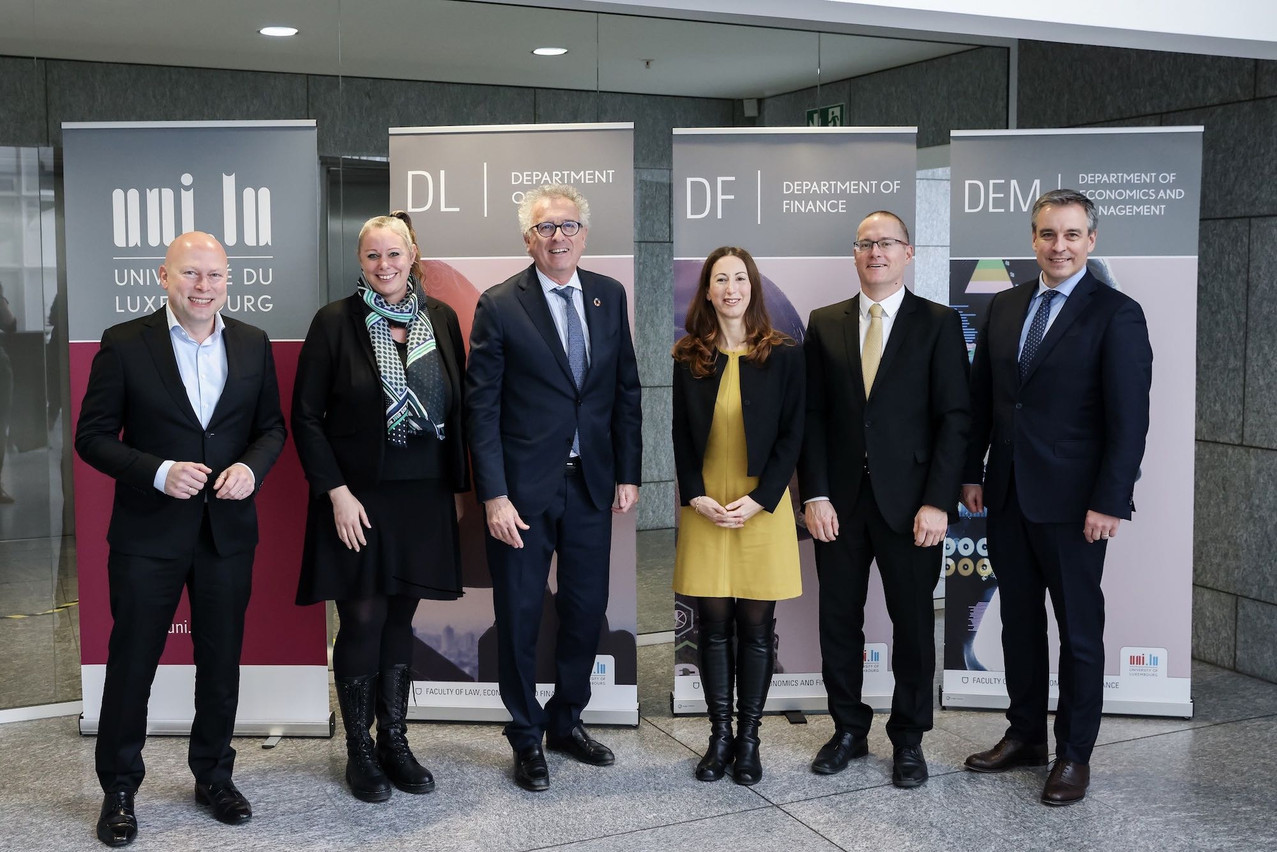The University of Luxembourg started its chair in sustainable finance in 2020. Michael Halling, who took up the chair in January 2021, sat down with Delano for an extensive interview to talk about the programme and developing the sustainable finance sector in the grand duchy. In the first of a five part series, Prof Halling disclosed that the university has been working on founding an interdisciplinary research hub, to help bridge the gap between financial world and the scientific and technological worlds.
Financial firms increasingly use environmental, social and governance () criteria to assess investment and credit decisions. However, evaluating environmental factors often requires engineering knowledge not generally covered in finance and economics courses.
The “E” in ESG, Halling stated during the interview, “is interdisciplinary. And that’s a challenge... because usually we [academics have been] more disciplinary than interdisciplinary.” One of the chair’s initiatives is “to establish a National Centre of Excellence in Research, so a NCER, funded by the FNR, on the topic of sustainable finance.” The centre will “bring together people from finance, together with lawyers, economists, management, that will be within the university, but also reaches out to [scientific research institutions] and other players in Luxembourg... to collaborate on research” and “ideally” on educational courses.
He said: “I think that’s a pretty ambitious goal,” because it means breaking down “institutional boundaries”, however, “I think it needs to be done.” He called the initiative “a long term” project, but said the university would begin to speak with potential partners and “enter the formal application process with the FNR during this year.”
Research, teaching and outreach
The sustainable finance chair is supported by Luxembourg’s finance and environment ministries. The chair has “three main roles”, Halling said. The first is to carry out “research in the area of sustainable finance.” That includes both fundamental or academically oriented research, and “applied research for stakeholders in Luxembourg, to ensure that some of the pressing problems can be can be tackled and solved.”
The second is “teaching. And so the idea is to develop educational programmes that help the Luxembourgish workforce catch up on all the developments in sustainable finance, on all levels.” That includes both graduate programmes and executive training courses. The third is “outreach, engaging with the local community by organising conferences, panel discussions, regular interactions to see what are the needs of the various stakeholders.”
In addition to Halling, the chair programme consists of an assistant professor, a research scientist, and five to eight PhD students. It is based at the university’s Kirchberg campus.
Prior to joining the University of Luxembourg as a full professor in finance, in January 2021, Halling was an associate professor at the Stockholm School of Economics. He previously taught at the University of Utah. Halling earned a master in computer science at the Vienna University of Technology, master in international business administration at the University of Vienna, PhD in computer science at the Vienna University and PhD in finance at the University of Vienna.
More from Delano’s interview with Prof Halling later this week on Delano.lu
